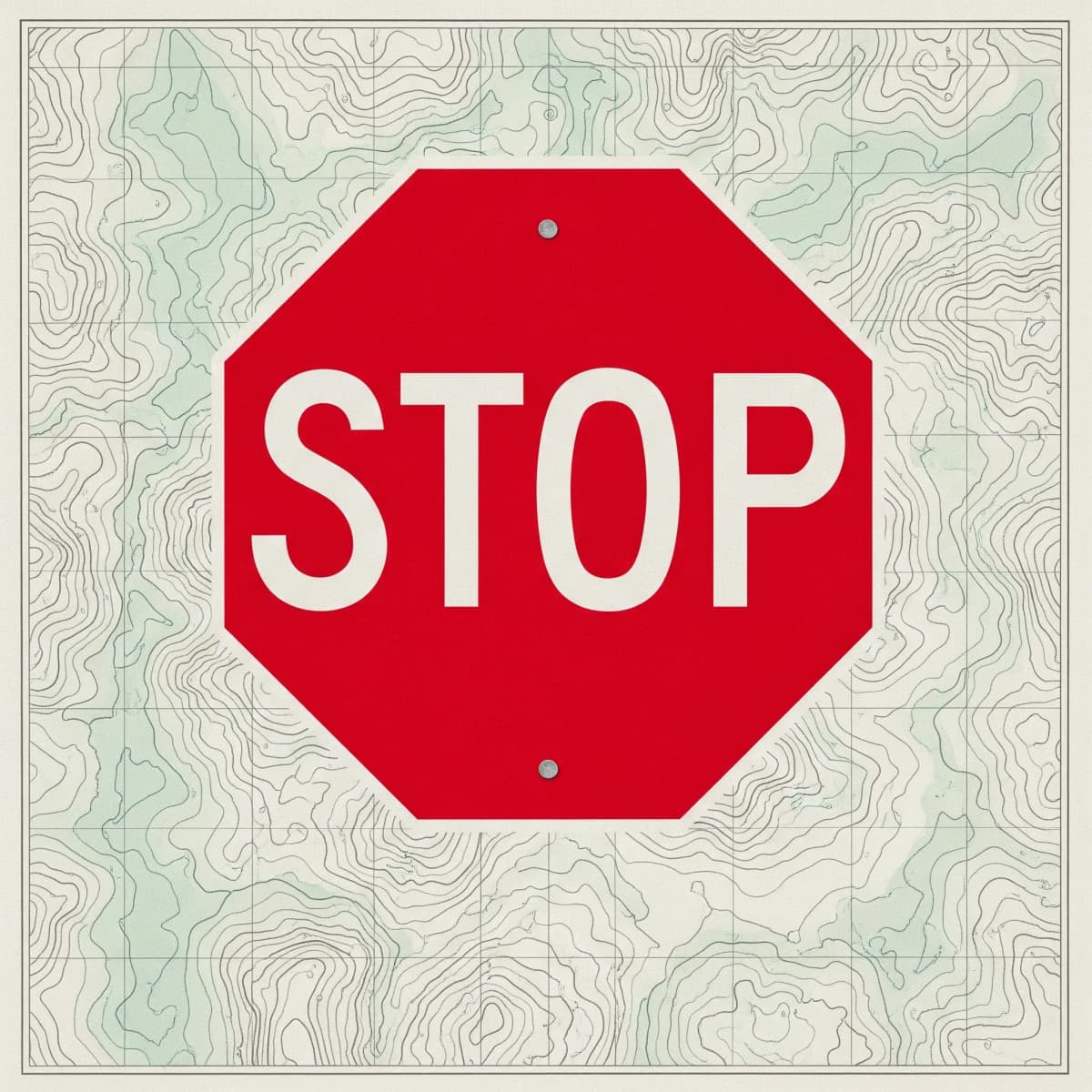Don't Sell Our Trails
Senator Lee Withdraws Public Land Sell-Off Proposal
Senator Mike Lee has announced that he is withdrawing his proposal to sell off public lands from the Senate budget reconciliation bill. This move comes after overwhelming public pressure and widespread opposition from the outdoor community, which made clear that these lands should remain in public hands.
The withdrawal marks a significant win for everyone who values access to public lands and waters. The outdoor community credits this outcome to the countless people who raised their voices in recent weeks, as well as lawmakers who worked to keep these places protected for all Americans.
While this is an important victory, we need to stay engaged and continue defending public lands against future threats.
We Protected Our Public Lands
Thanks to overwhelming public pressure, Senator Mike Lee has withdrawn his proposal to sell off public lands. This victory shows the power of the outdoor community when we stand together to protect the trails, camping spots, hunting grounds, and fishing holes that belong to all of us.

What This Victory Means
The withdrawal of this proposal protects millions of acres of public lands that were at risk of being sold to private developers.
Access Preserved
Families can continue to enjoy hiking, camping, hunting, and fishing on public lands near their communities without fear of losing access.
Community Power
This victory demonstrates that when the outdoor community speaks with one voice, lawmakers listen and respond to protect what matters most.
Legacy Protected
Wildlife corridors, clean water protections, and cherished local trails remain in public hands for current and future generations.
All Information Below Is Outdated
The content below reflects the original threat that has now been defeated. You can still view the map showing the areas that would have been threatened to understand the scope of what we successfully protected.
Check Your Area
Enter your city, town or area name to see what public lands would have been threatened nearby.
What's Really Happening?
This isn't the first attempt—earlier proposals targeted 250 million acres nationwide. Now they're focusing on lands closest to communities.
Targeting Local Access
BLM lands within 5 miles of communities—even towns as small as 2,500 people—are on the chopping block. These are the places families visit most.
Hurting Communities
Families depend on nearby public lands for affordable outdoor recreation—hiking, camping, hunting, and fishing. Privatization cuts off this access forever.
Gone Forever
Once sold to private developers, these lands are lost permanently—along with wildlife corridors, clean water protections, and beloved trails.
The Full Story
Republican lawmakers in the U.S. Senate are once again pushing to sell off vast swaths of America's public lands—places that belong to all of us. Their proposal would put more than a million acres of Bureau of Land Management (BLM) lands on the auction block, specifically targeting areas close to towns and cities where people rely on them most for recreation, wildlife habitat, and local economic activity.
This plan follows an even more sweeping earlier version that sought to sell 250 million acres nationwide, including forests and wilderness study areas. Even with the revised scope, the threat remains serious. The new version focuses on BLM parcels within just five miles of communities—many with populations as small as 2,500.
These are exactly the places where families go hiking, biking, camping, hunting, and fishing close to home. Selling them off risks cutting off easy, affordable outdoor access for millions of Americans who depend on nearby public lands.
Conservation groups, outdoor enthusiasts, and local leaders have raised the alarm about losing these irreplaceable landscapes forever. They warn that fast-tracked, poorly scrutinized sales could hand land to private developers with no guarantee of community benefit. Once privatized, these lands are gone for good, along with vital wildlife corridors, clean water protections, and cherished local trails.
Help spread the word
Now Is The Time To Speak Up
If you care about keeping our public lands public, contact your senators and urge them to reject any bill that would auction off our shared heritage. Our public lands are not a piggy bank for short-term profits—they're a legacy we owe to future generations.
🎯 Your Action Makes a Difference
Senators need to hear from constituents like you. A single phone call or email can influence their vote on this critical issue.